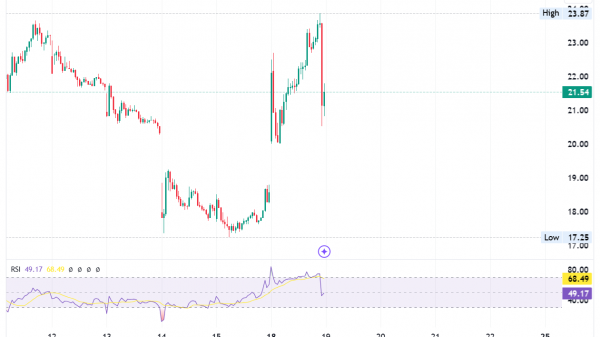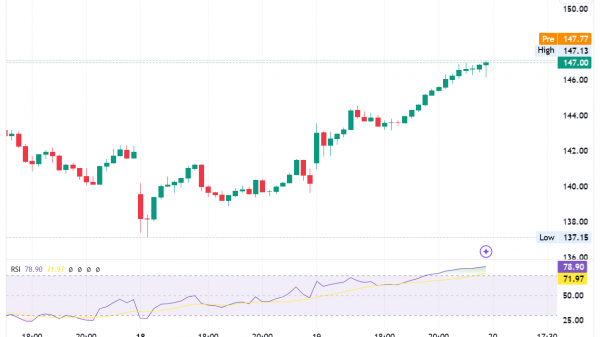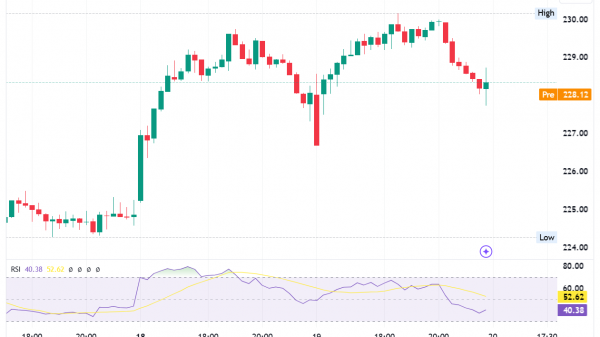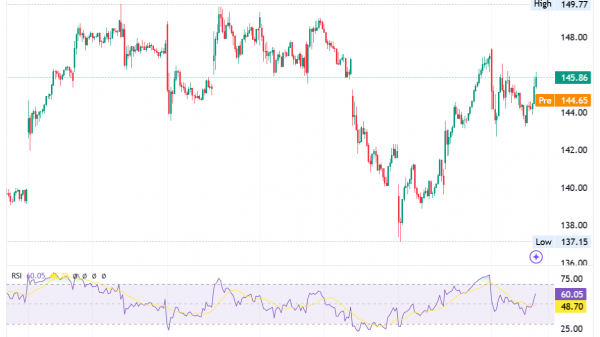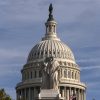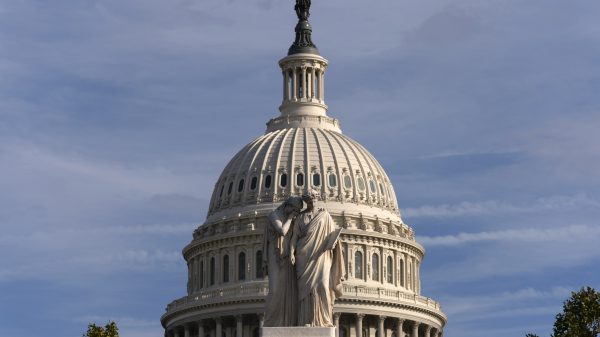Elon Musk and Vivek Ramaswamy outlined a plan to help companies avoid environmental regulations: The government could just refuse to enforce its own rules.
But some lawyers who specialize in federal regulation expressed doubt that companies would benefit from such a plan — or even want it.
“I don’t think it would really reduce the burden on industry for the most part, because companies have a legal obligation to comply with regulatory requirements,” said Jeff Holmstead, a former EPA air chief under President George W. Bush who represents industry clients at Bracewell LLP.
Musk and Ramaswamy, whom President-elect Donald Trump named to co-lead the so-called Department of Government Efficiency, asserted in a recent Wall Street Journal op-ed that Trump could “immediately pause the enforcement” of rules that his team deems are unneeded or harmful.
“This would liberate individuals and businesses from illicit regulations never passed by Congress and stimulate the U.S. economy,” they wrote.
It’s true that departments and agencies have latitude when deciding whether to make a company follow rules related to things such as reducing climate pollution or installing new carbon-catching technologies. They can also decide not to pursue certain cases because of a lack of resources, and they can determine when to treat a case as civil or criminal, or whether to impose administrative penalties.
That might make it hard for outside groups to sue federal offices for failing to act.
“It’s difficult to sue an agency for not enforcing a rule if they have enforcement discretion,” said Michael Gerrard, faculty director of the Sabin Center for Climate Change Law at Columbia Law School.
But those protections don’t apply to the companies themselves, according to lawyers.
Under most environmental statutes — including the Clean Air Act, the primary vehicle for climate regulation — citizens with standing can sue companies for violations when states and federal regulators opt not to. If they win, companies may have to pay monetary settlements and attorneys fees. And they may be required to suspend operations at a facility or secure permits.
For example, if a utility built a new coal-fired power plant but didn’t secure permits under a 2015 standard requiring partial carbon capture — which remains in force — a federal enforcement pause would not protect it from citizen lawsuits and angry investors.
“So, yeah, this idea that somehow announcing you’re not going to enforce existing regulations is not only not a panacea, but it’s almost meaningless,” said Holmstead.
“The only way to reduce the regulatory burden is to actually change the regulations,” he added.









